How to Pick a VPN That Fits Your Life
A Virtual Private Network (VPN) is a tool that helps protect your online privacy and security by creating a secure connection between your device and the internet. It encrypts your data and hides your IP address, making it harder for third parties to track your online activities. With the increasing concerns about online privacy and security, using a VPN has become essential for many people. In this guide, we'll help you understand how to pick a VPN that fits your life by considering your specific needs and the key features to look for.
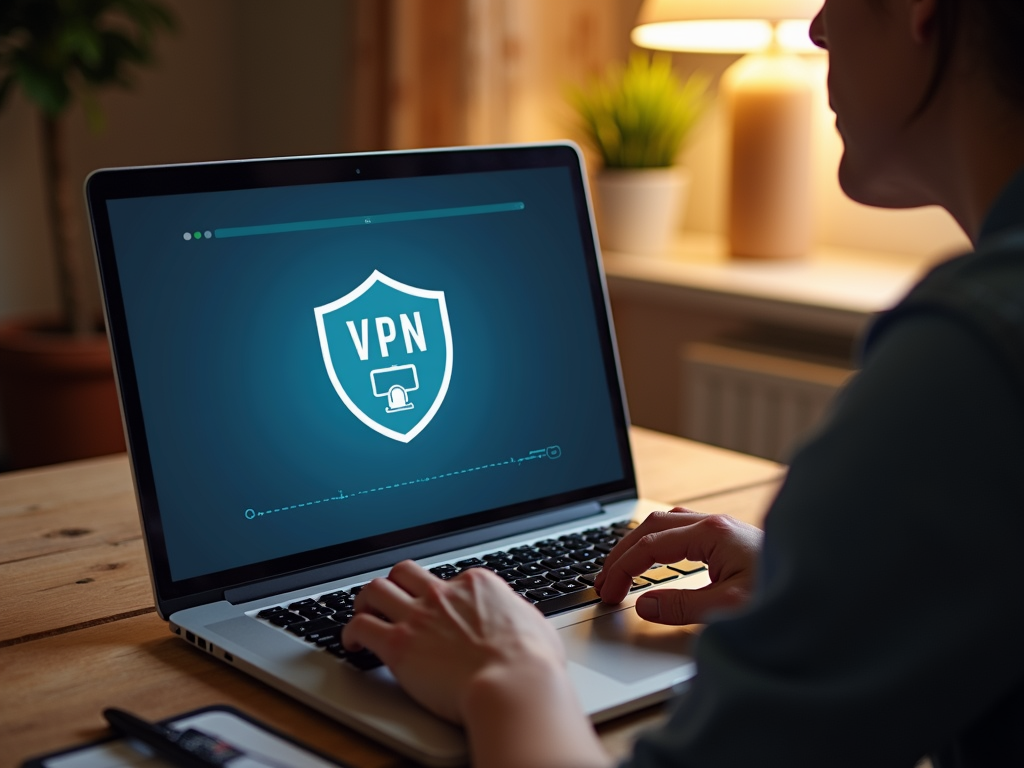
Understanding Your Needs
Before choosing a VPN, it's important to understand why you need one. Different people have different reasons for using a VPN, and your specific needs will determine which VPN is best for you. Here are some common use cases:
-
Privacy and Security: If you're concerned about your online privacy and want to protect your data from hackers or government surveillance, you'll need a VPN with strong encryption and a strict no-logs policy.
-
Accessing Geo-Restricted Content: If you want to access content that's only available in certain countries, such as streaming services or websites, you'll need a VPN with servers in those locations.
-
Bypassing Censorship: If you live in a country with internet censorship, a VPN can help you access blocked websites and services.
-
Secure Public Wi-Fi: If you frequently use public Wi-Fi networks, a VPN can protect your data from potential threats on unsecured networks.
Think about your primary reason for using a VPN and any additional features you might need.
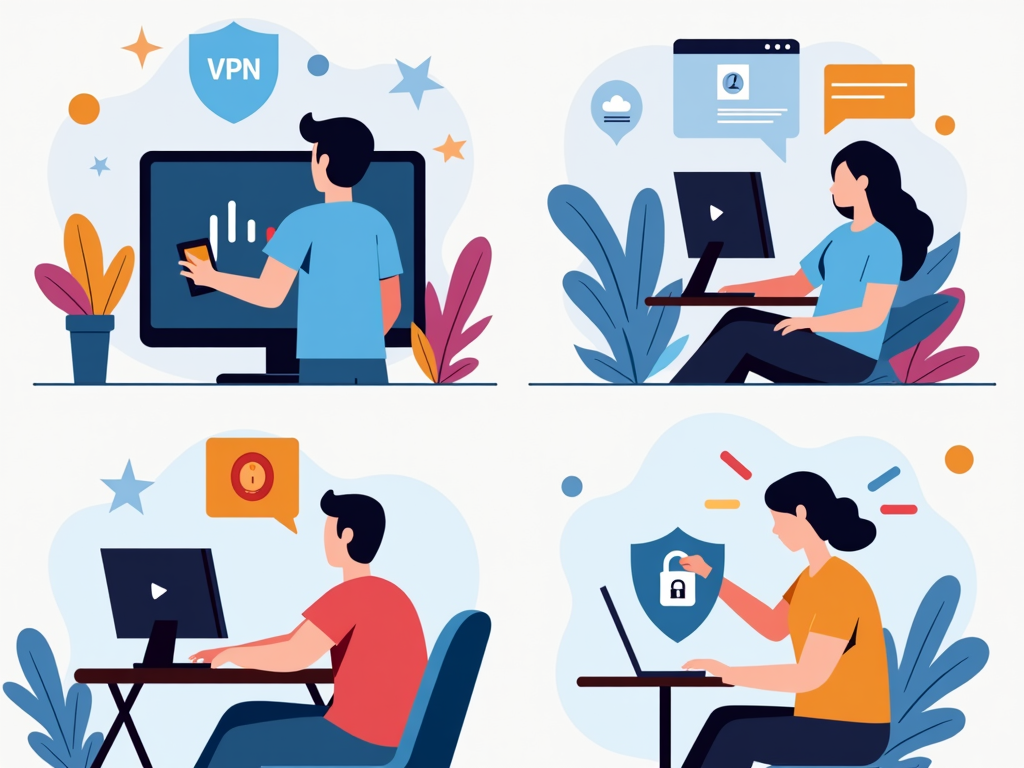
Key Features to Look For
When choosing a VPN, there are several key features you should consider:
-
Encryption: Look for a VPN that uses strong encryption protocols, such as AES-256, to protect your data.
-
No-Logs Policy: A VPN with a strict no-logs policy ensures that your online activities are not recorded or stored.
-
Server Locations: If you need to access content from specific countries, make sure the VPN has servers in those locations.
-
Speed: A good VPN should offer fast connection speeds to avoid slowing down your internet browsing.
-
Device Compatibility: Ensure the VPN is compatible with all your devices, including smartphones, tablets, and computers.
-
Customer Support: Reliable customer support is important in case you encounter any issues with the VPN.
-
Price: Consider your budget and look for a VPN that offers good value for money.

Comparing VPN Providers
Once you know what features are important to you, it's time to compare different VPN providers. Here are some steps to help you make an informed decision:
-
Research: Look for reputable VPN review websites and read user reviews to get an idea of the pros and cons of each VPN.
-
Free Trials: Many VPNs offer free trials or money-back guarantees. Take advantage of these to test the VPN before committing.
-
Check for Deals: Look for discounts or special offers that can help you save money on your VPN subscription.
-
Read the Fine Print: Make sure you understand the VPN's terms of service and privacy policy to ensure there are no hidden clauses.
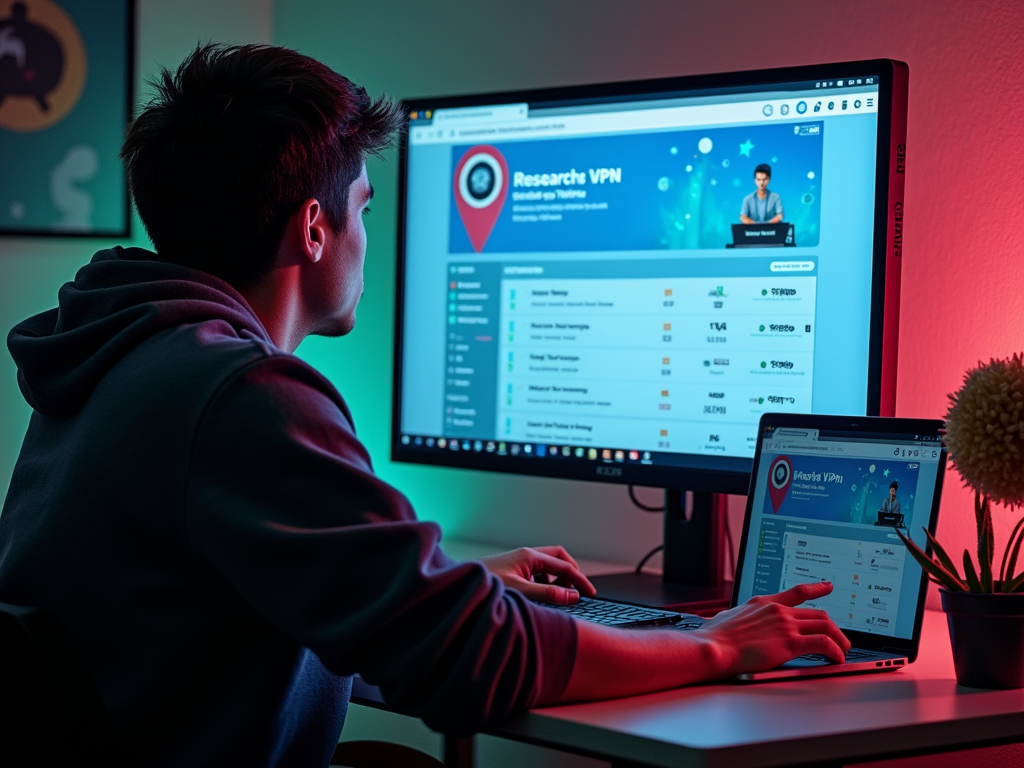
Setting Up and Using a VPN
Once you've chosen a VPN, setting it up is usually straightforward. Here are the basic steps:
-
Download and Install: Download the VPN app from the provider's website or app store and install it on your device.
-
Create an Account: Sign up for an account with the VPN provider and log in to the app.
-
Choose a Server: Select a server location based on your needs. For example, choose a server in the country where the content you want to access is available.
-
Connect: Click the connect button to establish a VPN connection.
-
Verify: Check that your IP address has changed and that your connection is secure.
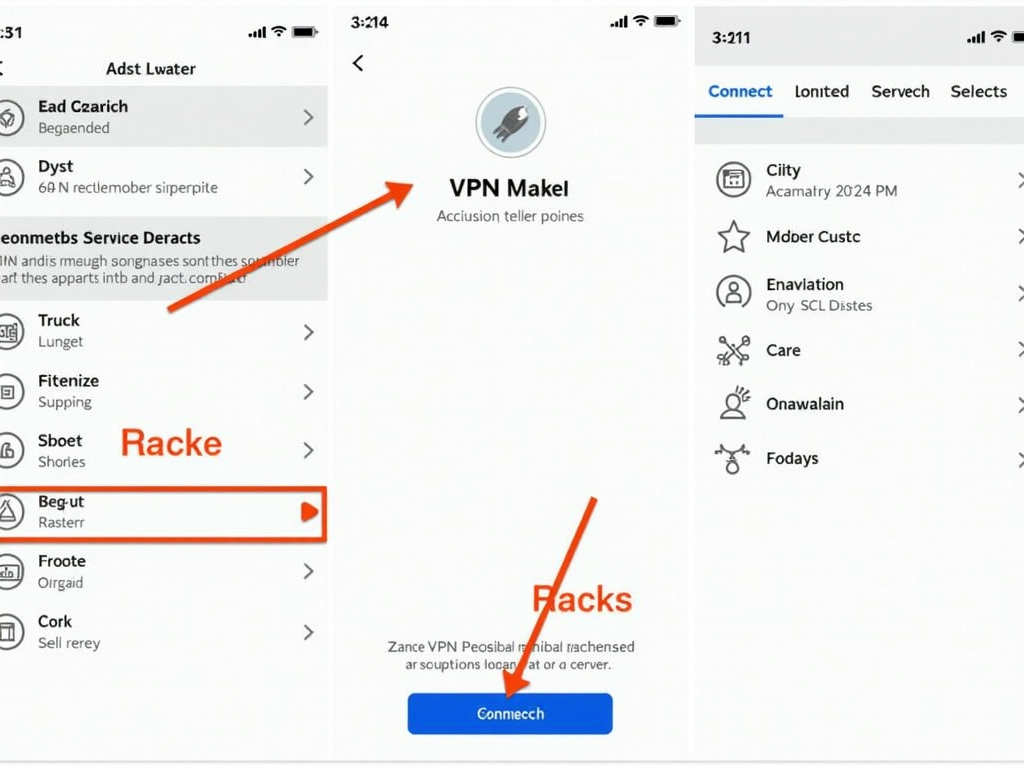
Additional Tips
Here are some extra tips to help you get the most out of your VPN:
-
Use on All Devices: Install the VPN on all your devices for comprehensive protection.
-
Enable Kill Switch: If your VPN has a kill switch feature, enable it to prevent data leaks if the VPN connection drops.
-
Update Regularly: Keep your VPN app updated to ensure you have the latest security features.
-
Be Aware of Limitations: Understand that a VPN is not a silver bullet for online privacy and security. Combine it with other tools like secure passwords and two-factor authentication.
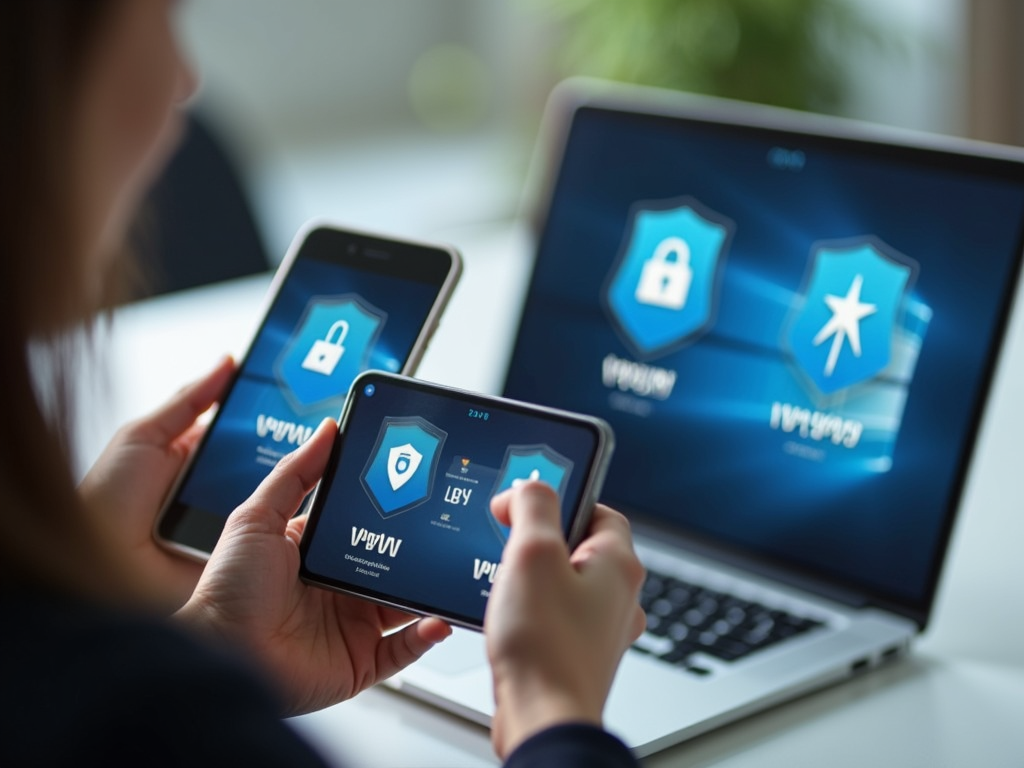
Conclusion
Choosing the right VPN for your needs can seem overwhelming, but by understanding your specific requirements and knowing what features to look for, you can make an informed decision. Remember to consider factors like encryption, no-logs policy, server locations, speed, and device compatibility. Take advantage of free trials and read reviews to find the best VPN for you. With the right VPN, you can enjoy a safer and more private online experience.